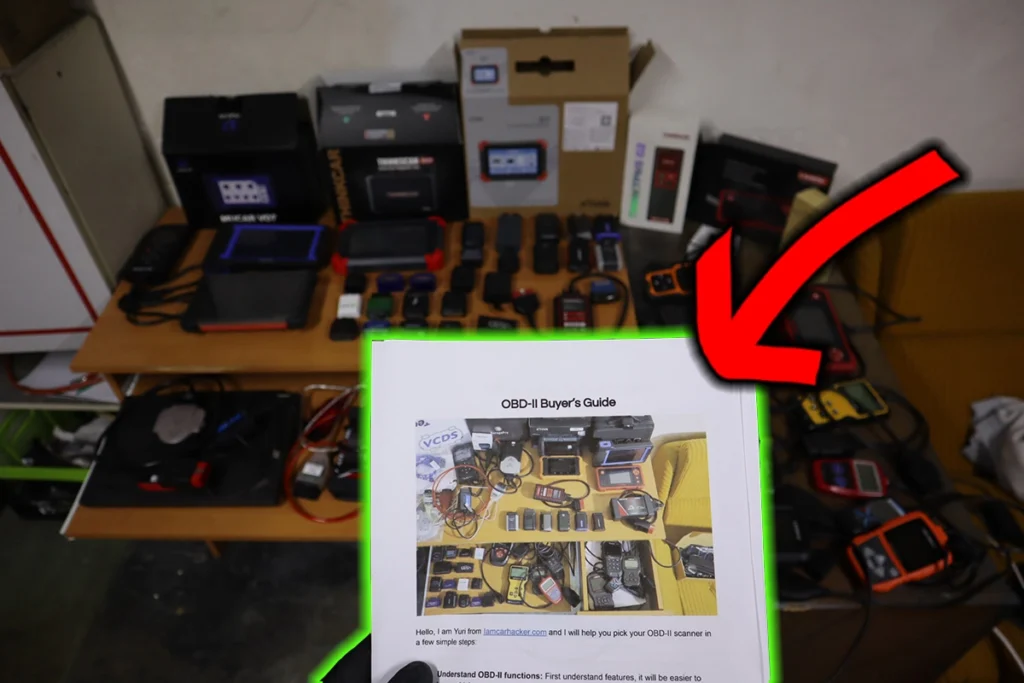The P2BAD: NOx Exceedence – Root Cause Unknown refers to an issue where the vehicle’s NOx emissions exceed the acceptable limits, but the root cause is not clearly defined. This can happen due to faults in various NOx control systems, sensors, or mechanical or electrical issues that are not specifically pinpointed. Proper diagnosis will require a comprehensive inspection of all systems related to NOx emissions control.
P2BAD – Quick Overview
| Code | Information |
|---|---|
| Meaning | P2BAD: NOx Exceedence – Root Cause Unknown |
| Is it serious? | Yes, this code can lead to excessive NOx emissions, potentially affecting vehicle performance and compliance with emissions regulations. |
| Possible causes | – Unknown or undefined issues causing NOx exceedence – Faults in NOx control systems or sensors – Unspecified mechanical or electrical issues |
| How to diagnose? | – Perform a thorough inspection of NOx control systems – Check all related sensors and components – Consult manufacturer or repair resources for guidance |
P2BAD Meaning
The P2BAD: NOx Exceedence – Root Cause Unknown code indicates that the vehicle’s NOx emissions exceed acceptable levels, but the exact cause has not been identified. This could be due to undiagnosed issues within the NOx control system, such as faults in the sensors, exhaust system, or other mechanical or electrical problems. Further in-depth inspection and analysis are necessary to uncover the underlying cause.
Step-by-step diagnostic guide
| Action | Description | Tools Needed |
|---|---|---|
| Perform a Comprehensive Inspection | Conduct a full inspection of the NOx control system, including exhaust components, sensors, and wiring. Look for any visible signs of damage, wear, or malfunction. | Visual Inspection Tools, Mechanic Tools |
| Check Related Sensors | Inspect and test all sensors involved in the NOx emissions process, such as the NOx sensor, oxygen sensors, and temperature sensors. Verify that they are providing correct readings. | Diagnostic Tool, Multimeter |
| Consult Manufacturer Resources | Review the manufacturer’s service manuals or technical bulletins for any guidance on diagnosing NOx exceedence issues that are not easily identified. | Service Manuals |
| Test the Exhaust and Emissions System | Use specialized diagnostic equipment to check the exhaust flow and emissions output, ensuring that all system components are working together to reduce NOx emissions. | Exhaust Emissions Tester, Diagnostic Tools |
| Address Identified Issues | If specific faults are identified, replace or repair the faulty components. If no faults are found, consider consulting an expert or the vehicle manufacturer for advanced diagnostics. | Mechanic Tools |
| Clear the Code and Test Drive | After making repairs or adjustments, clear the fault code using an OBD-II scanner and take the vehicle for a test drive to ensure the issue is resolved and NOx levels are within limits. | OBD-II Scanner, Vehicle |
| Recheck for Codes | After the test drive, re-scan the vehicle to confirm that the P2BAD code does not return. If it reappears, further expert consultation may be needed. | OBD-II Scanner |
Free PDF: How to choose OBD2 scanner

I’ve made you a free PDF to choose the OBD2 scanner in 5 minutes.
✅ Which OBD2 scanner is best?
✅ Which type should you get (DIY, Pro, Hobby)
✅ What is the best scanner for the exact brand/feature (e.g best for BMW)
✅ How to get a Bi-Directional tool for as cheap as $40
✅ Discount coupons for scanners
PDF is 100% free and it is designed to help you pick a scanner in less than a few minutes! Not a boring 50-page guide.
Just tell me where to send it.

Hi, I am Juraj “Yuri” Lukacko. I got frustrated by unhelpful and scammy mechanics, so I decided to learn everything about car diagnostics myself. I test dozens of new car diagnostic tools every month along with learning new strategies to fix and customize cars. About Juraj Lukacko (Yuri)